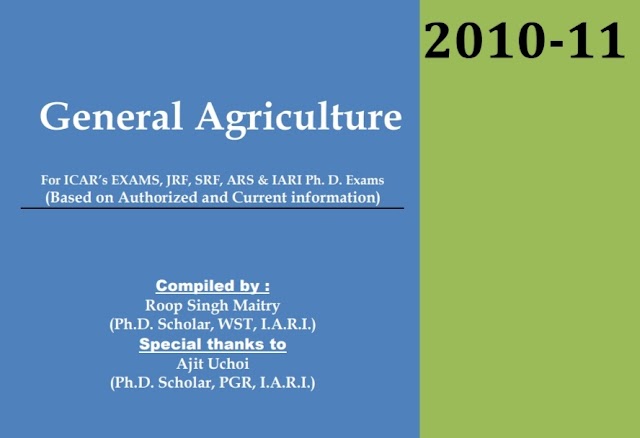Production Technology of Vegetables and Flowers
Hello agrifunda readear today in this post we are going to discuss about Production Technology of Vegetables and Flowers so in this post you will get dwonload link the Production Technology of Vegetables and Flowers pdf book.
book name- Production Technology of Vegetables and Flowers
language - english
price - free
page -88
download link - Production Technology of Vegetables and Flowers free pdf book
content -
- Importance of Olericulture, vegetable gardens, vegetable classification.
- Origin, area, production, varieties, package of practices of
- Fruit vegetables- tomato, brinjal, capsicum, chilies and okra;
- Cucurbitaceous vegetables- cucumber, ridge gourd, ash gourd
- snake gourd, bottle gourd, bitter gourd and melons;
- Cole crops- cabbage, cauliflower, broccoli and knol-khol.
- Bulb crops- onion and garlic.
- Beans and peas- French beans, cluster beans, dolichos beans
- garden pea and cow pea.
- Tuber crops- potato, sweet potato, tapioca, Colocasia, yams;
- Root crops- carrot, radish, turnip and beet root;
- Leafy vegetables- amaranthus, palak;
- Rare vegetables- asparagus, lettuce, parsley, celery.
- Perennial vegetables- drumstick, coccinia and curry leaf.
- Importance of ornamental gardens.
- Planning of ornamental gardens.
- Types and styles of ornamental gardens.
- Uses of trees, shrubs, climbers, house plants and seasonal flowers in
- the gardens.
- Package of practices for rose, chrysanthemum, marigold and
- tuberose.
- Cut flower crops- gladiolus, carnation, chrysanthemum and lilium.
Disclaimer: The information on this website does not warrant or assume any legal liability or responsibility for the accuracy, completeness or usefulness of the courseware contents.
The contents are provided free for noncommercial purpose such as teaching, training, research, extension and self learning











0 Comments